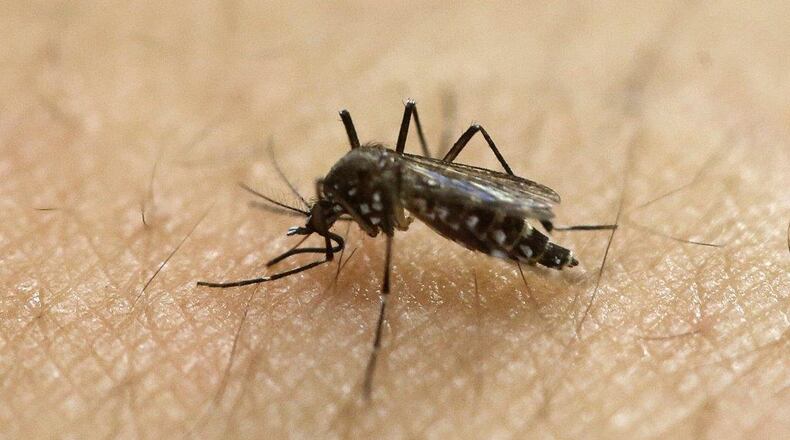Mosquitoes trapped throughout the county are submitted to the Ohio Department of Health as part of the Vector-Borne Disease Program.
In response to the confirmed presence of the virus, the health district is:
- Working with property owners to reduce breeding sources by draining stagnant water or treating stagnant water with products containing a bacterium called BTI, which is safe for humans and pets.
- Misting the affected areas with Duet to reduce the adult mosquito population when weather permits. The health district said this is safe for humans and pets, but residents who have a concern about misting may opt out by calling 937-390-5600 or emailing the request and their address to environmental@ccchd.com.
- Continuing to monitor for West Nile Virus.
West Nile Virus is most commonly spread by infected mosquitoes and at its worst can lead to severe fever, encephalitis (inflammation of the brain) or meningitis (inflammation of the lining of the brain and spinal cord), according to the health district.
Eighty percent of people who are infected will not show any symptoms, but there’s no way to know in advance if you’ll develop an illness or not, according to the health district. Those who do develop symptoms usually do so 3-14 days after they are bitten by the infected mosquito. Symptoms can include fever, aches, nausea, vomiting and sometimes swollen lymph glands or a skin rash on the torso.
There is no specific treatment for WNV infection, and care is based on symptoms.
The best way to avoid the infection is to prevent mosquito bites through “Avoid, plan, stop” protocols, according to the health district.
Avoid bites by applying repellents registered with the U.S. Environmental Protection Agency (EPA) on exposed skin, wear long sleeves and pants, or consider staying indoors.
Plan by checking for travel advisories and doing outside activities at times when mosquito activity is less.
Stop by getting rid of mosquito breeding sites — empty or treat any standing water on your property, make sure screens on windows and doors are free of holes or rips, and use air conditioning instead of open windows if possible.
For more information on West Nile Virus, visit the health district website at www.ccchd.com.
About the Author

